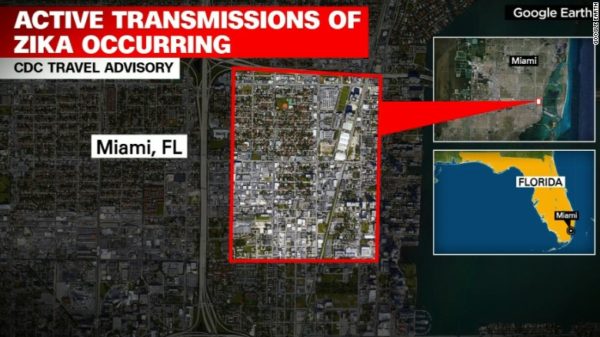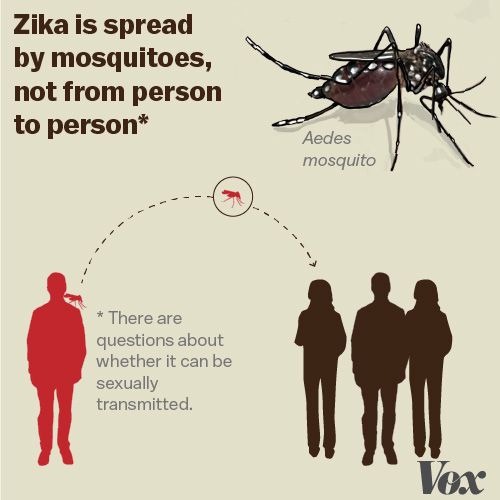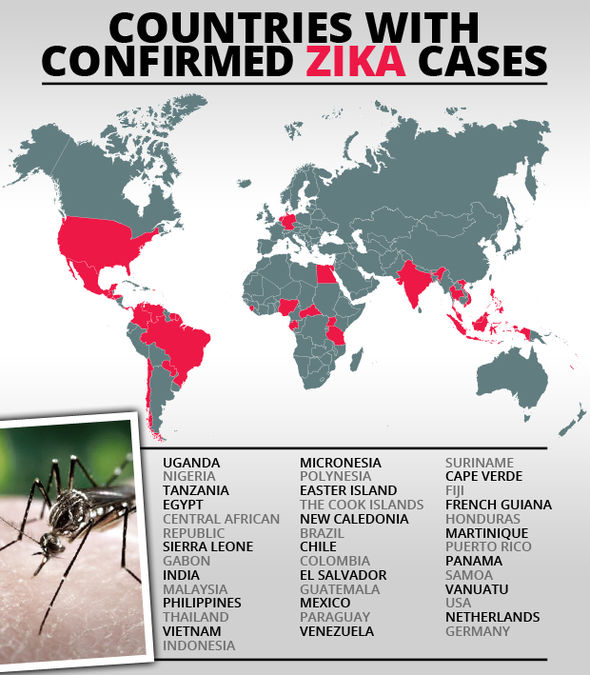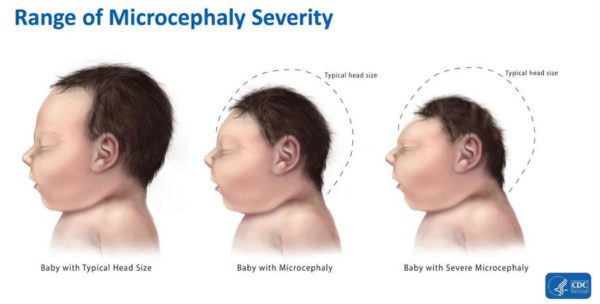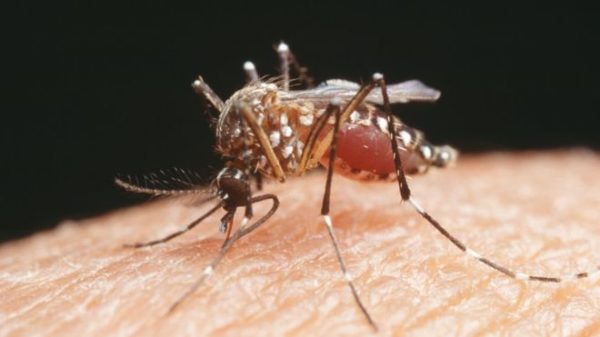
A new study published by three higher institutions of learning in the United Kingdom and Canada, revealed that up to two billion people could catch the Zika disease in Africa and Asia.
Health experts have confirmed that the Zika virus is dangerous for pregnant women and their future babies. This is because the virus can cause devastating birth defects.
The World Health Organization has officially declared the Zika virus a public health emergency. Confirmation that Zika causes infections in the brain, such as encephalitis, are a risk factor in unborn babies.
In adults, Zika normally causes mild symptoms including rash, fever, joint pain or red eyes. These symptoms mostly go away within a week, and on occasion, adults may not display symptoms at all. However, the virus can increase the risk of a rare neurological disorder known as Guillain-Barre Syndrome in adults, which can leave people paralyzed for weeks or months, and sometimes, permanently.
For children, (babies and older kids) there are few findings about how the virus can cause havoc, as compared to adults and unborn babies.
The WHO has said more than 65 countries and territories are now dealing with Zika cases. The disease was recently recorded in Africa. In 2015, Zika sparked fears in South America. In Brazil for example, the virus was linked to an unprecedented rise in the number of children being born with unusually small heads, called microcephaly.
In late July 2016, the first local spread of the Zika virus via infected mosquitoes was discovered and officially reported in the United States. This Zika case occurred in the state of Florida. As of August 3 2016, the Centers for Disease Control and Prevention estimated that there are 7,360 confirmed Zika cases in the United States. This includes 1,817 cases in the continental United States, and 5,526 cases in its territories of Puerto Rico, the Virgin Islands and American Samoa.
The research team, from the London School of Hygiene and Tropical Medicine, Oxford University and the University of Toronto said many people are living in places in Africa and Asia where it is difficult to prevent, detect and respond to the Zika virus.
The study has been accepted into the journal, Lancet Infectious Disease. Specifically, the study pointed out populations in India, Indonesia and Nigeria as vulnerable to transmission of the Zika virus. Also, it mentioned the Philippines, Vietnam, Pakistan and Bangladesh as counties that could be the most vulnerable to the virus, because low standard health facilities in these countries will make prevention and treatment very difficult.
The researchers used data on air traveller numbers to make the two billion prediction. It is said the risk of the virus spreading is at its highest during the summer months, when people are travelling between America and other parts of the world.
The researchers said the warm temperatures during the summer mean the mosquitoes that transmit the virus can survive longer. In countries such as India, Indonesia and Nigeria, the researchers predicted that up to 5,000 people arrive from Zika endemic countries, putting these countries’ population at high risk of infection.
Dr Oliver Brady, co-study author and research fellow in mathematical modeling at the London School of Hygiene & Tropical Medicine, said it will be a huge concern if Zika is imported in these countries with limited health facilities. He was quoted as saying: “Should Zika be imported into these areas the impact on their health systems could be very severe.”
Commenting on the study, Jonathan Ball, professor of molecular virology at the University of Nottingham in the United Kingdom, said it was evident that travel and trade would help spread the Zika virus around the world, but he added that there could be a hope that Zika already existed in Africa and Asia, giving the population some sort of immunity from the disease.
“While this study reminds us that many parts of the world have ideal conditions for the virus to take hold it can’t pinpoint exactly where this will happen. This is a virus that has circulated for years in parts of Africa and Asia and so, many of these people may already have been exposed and have protective immunity,” he said.
You want to support Anonymous Independent & Investigative News? Please, follow us on Twitter: Follow @AnonymousNewsHQ
This article (New Study: Two Billion People at Risk of Zika in Africa and Asia) is a free and open source. You have permission to republish this article under a Creative Commons license with attribution to the author and AnonHQ.com.



